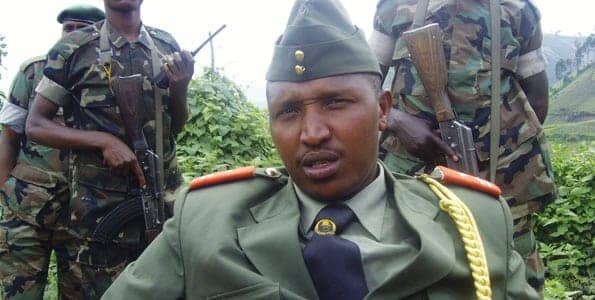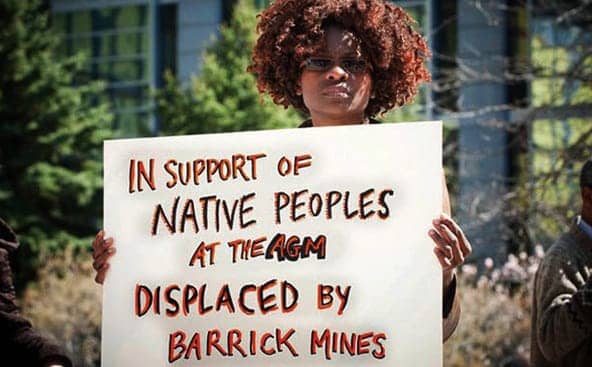by Ann Garrison
KPFA Weekend News, Dec. 31, 2011

Transcript
KPFA Weekend News Anchor David Rosenberg: An explosive U.N. report made public this week says that U.S. legislation intended to reduce the lethal conflict over the control of illegal minerals trade in the Democratic Republic of the Congo has had the opposite effect, pushing the trade deeper into the hands of militias and international criminal networks described in earlier U.N. reports. KPFA’s Ann Garrison has more.
KPFA/Ann Garrison: The latest report of the U.N. Group of Experts Concerning the Democratic Republic of the Congo says that the U.S. law adopted last year requiring the Securities and Exchange Commission to write rules forcing mineral processing companies and manufacturers to prove that minerals they purchase from Congo are “conflict free” has backfired. The resistance of companies and industry groups has led international trading firms to stop purchasing minerals identified as Congolese, leading to increased smuggling and armed conflict.

The experts’ report has been released amidst Congo’s post-election political crisis. The Carter Center and European Union observers describe the election as so fraudulent and disorganized that it is impossible to determine who has actually been elected president. More outside observers have been brought in to help tally votes in the parliamentary election, as Human Rights Watch and Friends of the Congo’s on-the-ground observers report the execution and/or abduction of Congolese protesting incumbent President Kabila’s claim to have won.

Bodia Macharia: As Africans, we have to look at ourselves and say, “Well, this has to change.” As Africans. And of course the world has to be with us because when this happened in Auschwitz, people said this will never happen anymore. How come this is happening? How come it’s happening and people are still silent?
And I hope that with what happened yesterday, people will now say “What has been happening in the Congo?” There was an aggression in 1996, an aggression in 1998 and the world is still silent. We have to go look at the root causes of this. What are the root causes? It’s not because you put a new person in power in the Congo that things will change. That’s not what’s going to change.
There is a whole huge work to do – a radical change, a radical change. There is a resignation of critical thought, a renunciation of radical interrogation, not only on our own mentality but on the root causes and the signification of this crisis.
KPFA: Barack Obama’s 2006 Senate bill, the Congo Relief, Security and Democracy Promotion Act, will be a focal point of the teach-ins. The Obama law calls for the U.S. to cut aid to countries plundering Congo’s resources, but it has never been implemented.
For Pacifica, KPFA and AfrobeatRadio, I’m Ann Garrison.
San Francisco writer Ann Garrison writes for the San Francisco Bay View, Global Research, Colored Opinions, Black Star News, the Newsline EA (East Africa) and her own website, Ann Garrison, and produces for AfrobeatRadio on WBAI-NYC, Weekend News on KPFA and her own YouTube Channel, AnnieGetYourGang. She can be reached at ann@afrobeatradio.com. This story first appeared on her website.





